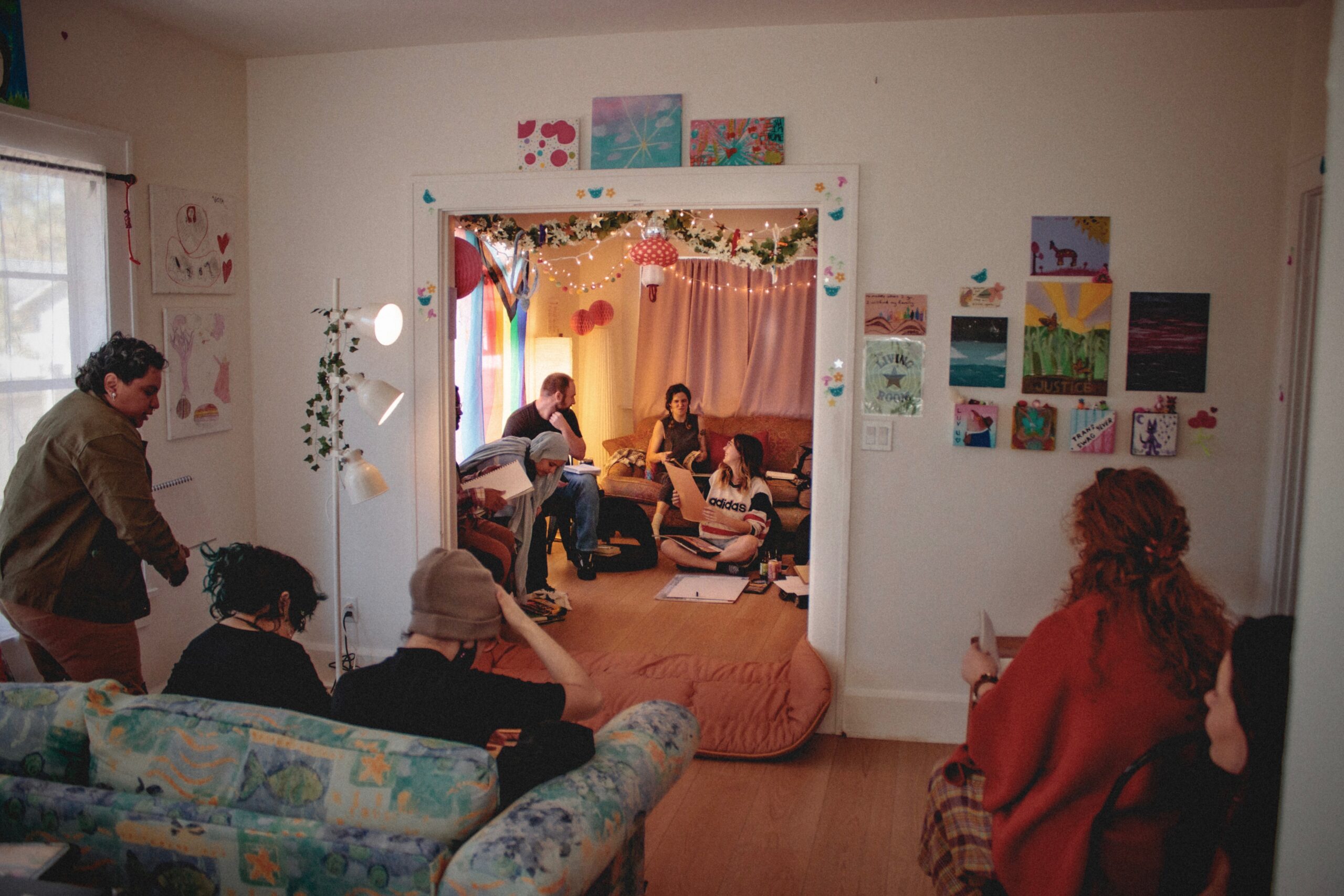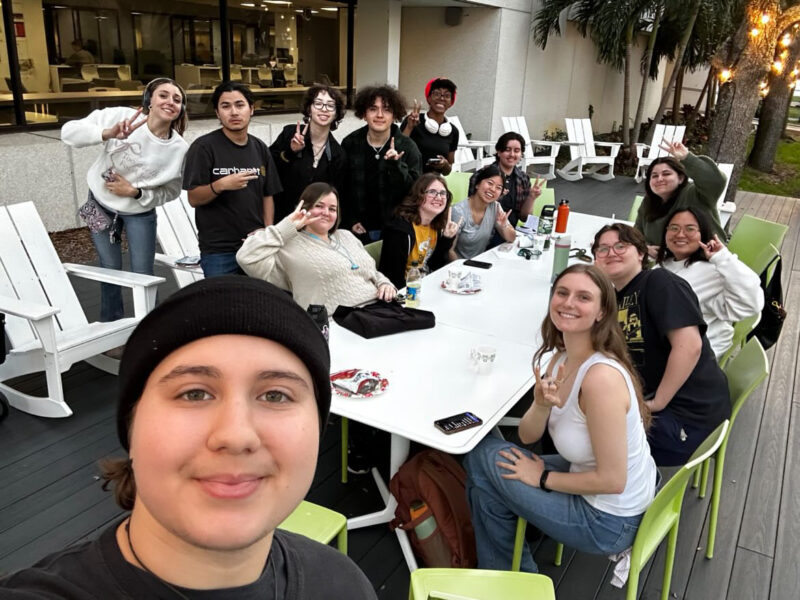Statistics suggest that USF St. Petersburg has about 20 students who, if tested, would likely test positive for HIV. And, of those 20 students, about 18 have no idea they have the disease.
Those numbers come from the Centers for Disease Control, which reports one in 250 people in the United States is HIV positive. In 2011, Florida reported second-highest in the nation for HIV diagnoses.
In response to those figure, the Wellness Center at USFSP initiated free and confidential HIV testing. The program provides testing on the second Wednesday of the month from 8 a.m. to noon and the fourth Wednesday from 1 p.m. to 4 p.m. The next testing date is Wednesday, April 24.
Amy Brown, nurse practitioner at the Wellness Center, anticipated the expansion of the program from the Tampa campus to St. Petersburg.
“We’ve been trying to get the free HIV testing going since last semester,” said Brown. “We’ve wanted to be able to offer this free service for our students.”
When testing began at USF Tampa, results revealed positive results higher than the national average. “To my understanding, the numbers were only slightly higher, and they were still in single digits- but they were higher,” said Brown.
Turnout for the program has been light so far, with only one or two students per day taking advantage of the service. “I feel like students, when we talk about screening, feel like ‘Oh, I don’t have that’,” said Brown. “But, everyone should be tested at least once in their lifetime.”
USFSP business major Camilo Rubiano chose to be tested before the program began. He approves of the Wellness Center program.
“I was tested recently,” Rubiano said. “I think anyone who is sexually active should be responsible and be tested once a year. Plus, the tests are expensive,”
Compared to HIV tests of just a few years ago, the new tests are quick and painless.
“It’s just an oral swab where we rub a cotton swab across the gum line,” said Brown. The results are known in 20 minutes.
And, while a positive result from an HIV test 20 years ago carried a grim prognosis, today the outlook is greatly improved.
“Treatments are much, much better. People are living a lot longer,” said Brown.
The behaviors that put people at the greatest risks for contracting the disease have not changed. Sex between men, unprotected sex of any kind and intravenous drug use are still the riskiest behaviors.
“But, all sexually active students, if you have never been tested, you should get tested. Or if you’ve had unprotected sex with a new partner you should get tested,” Brown said. “And those who are at higher risk should be tested more often, every six months to a year.”
The program extends counseling and health services to any USF student who tests positive for HIV.
“We would like to have student feedback on what hours work best for them and what they need from the program,” Brown said.


